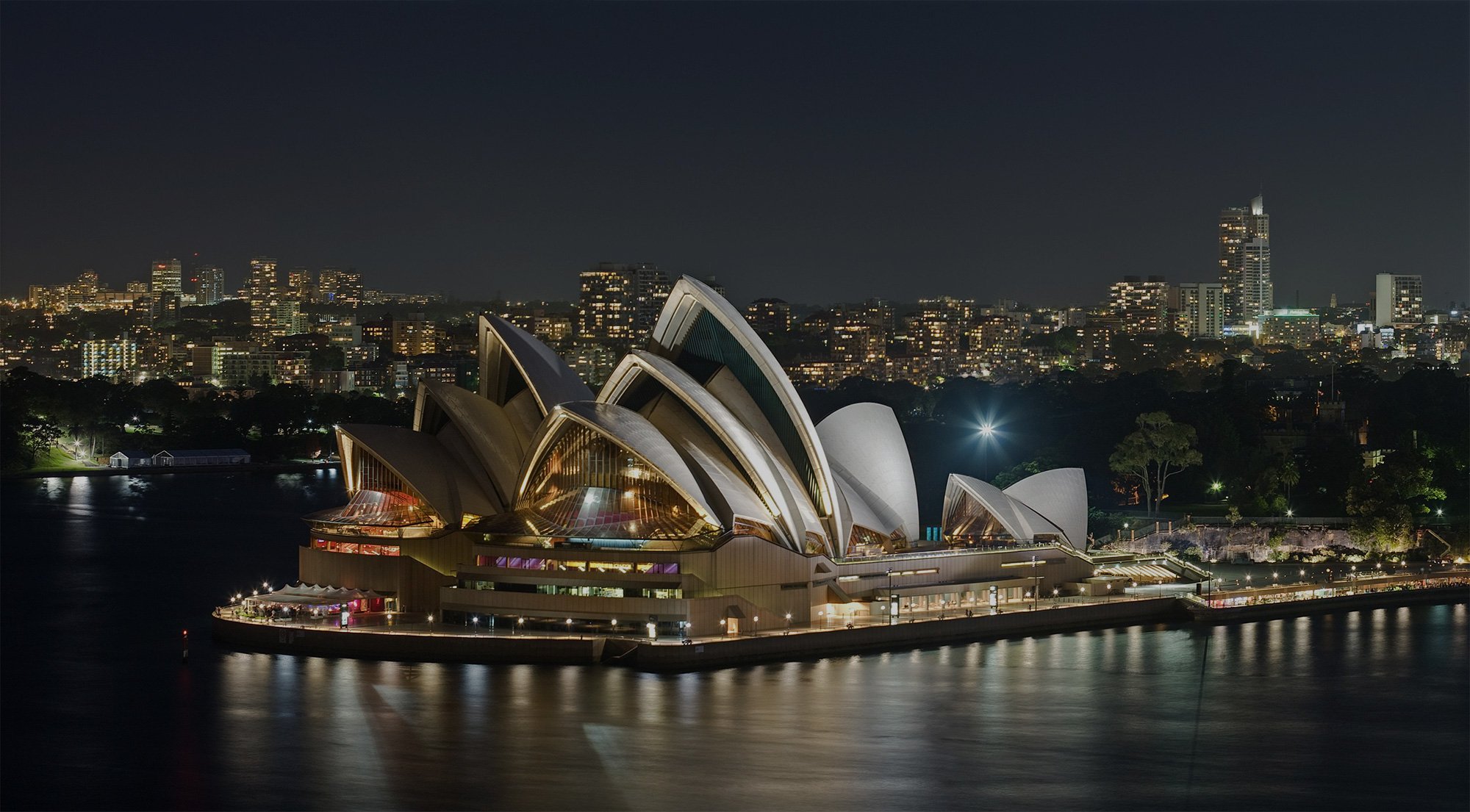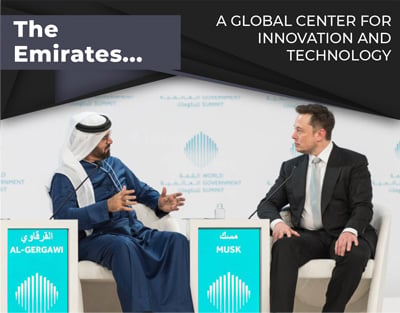The UAE and Australia are strengthening their trade ties with fresh discussions on how to maximize the private sector’s role in driving growth under the Comprehensive Economic Partnership Agreement (CEPA).
Dr. Thani bin Ahmed Al Zeyoudi, UAE Minister of State for Foreign Trade, met with the Australian Business Council in the UAE to explore how businesses from both countries can tap into the full potential of the agreement, which was signed in November 2024 and is now in the final stages of ratification.
During the meeting, Dr. Al Zeyoudi emphasized Australia’s position as a key trading partner for the UAE, highlighting that non-oil trade between the two nations surpassed USD 4.2 billion in 2024. In the first half of 2025 alone, trade reached USD 3.03 billion — a record 33.4% year-on-year growth.
“The UAE is Australia’s leading trade and investment partner in the Middle East and ranks 20th globally,” Dr. Al Zeyoudi noted. “Our discussions today focused on how to enable the private sector to take full advantage of CEPA, boosting trade and investment between our countries.”
He added that once implemented, the agreement will create wide-ranging opportunities for companies, investors, and entrepreneurs by eliminating or reducing tariffs, lowering trade barriers, and enhancing market access. Projections suggest trade between the two countries could more than double, from USD 4.2 billion in 2024 to USD 10 billion by 2032.
A Strategic Partnership for Growth
The UAE–Australia CEPA is Australia’s first trade agreement with a Middle Eastern country, marking a milestone in the UAE’s ambitious trade strategy. It comes as part of the UAE’s wider goal to expand its global trade network and raise the total value of foreign trade to AED 4 trillion by 2031.
Currently, more than 300 Australian companies operate in the UAE across diverse sectors, including construction, financial services, agriculture, and education. With the CEPA in place, these businesses — along with new entrants — are expected to benefit from improved access to markets and investment flows.
To further deepen ties, the UAE and Australia have also signed a bilateral investment protection agreement and five memorandums of understanding aimed at accelerating capital flows into critical sectors such as renewable energy, infrastructure, artificial intelligence, mining, and agriculture.
Australia already exports a wide range of goods to the UAE, including alumina, coal, steel, meat, dairy products, and seafood — sectors that are also expected to expand under the new framework.
A Broader Vision
The CEPA program is a cornerstone of the UAE’s economic growth strategy, with agreements already signed with partners across the Middle East, Africa, Southeast Asia, South America, and Eastern Europe. Collectively, these agreements cover markets that represent around a quarter of the world’s population.
The UAE–Australia agreement is now undergoing ratification in both countries and is expected to enter into force in the near future, paving the way for stronger private sector collaboration and sustainable economic growth.







Leave a Reply